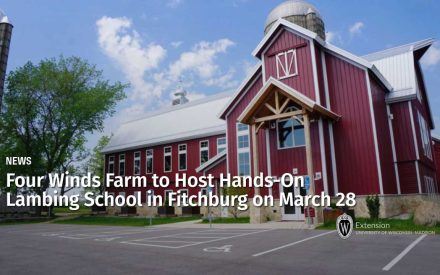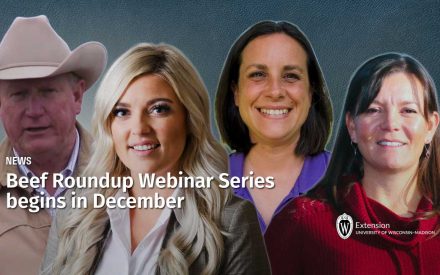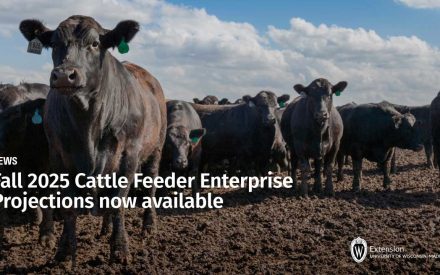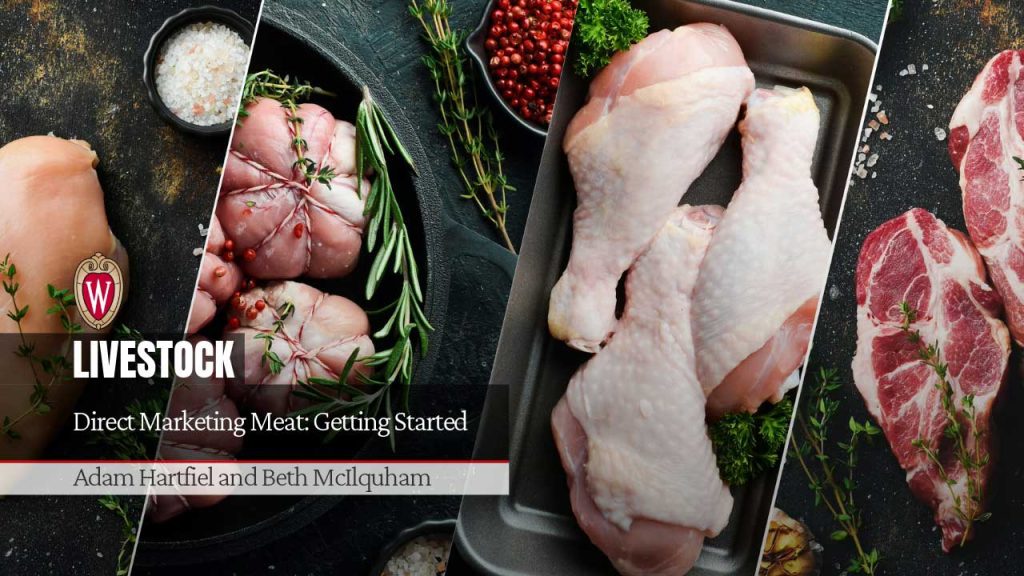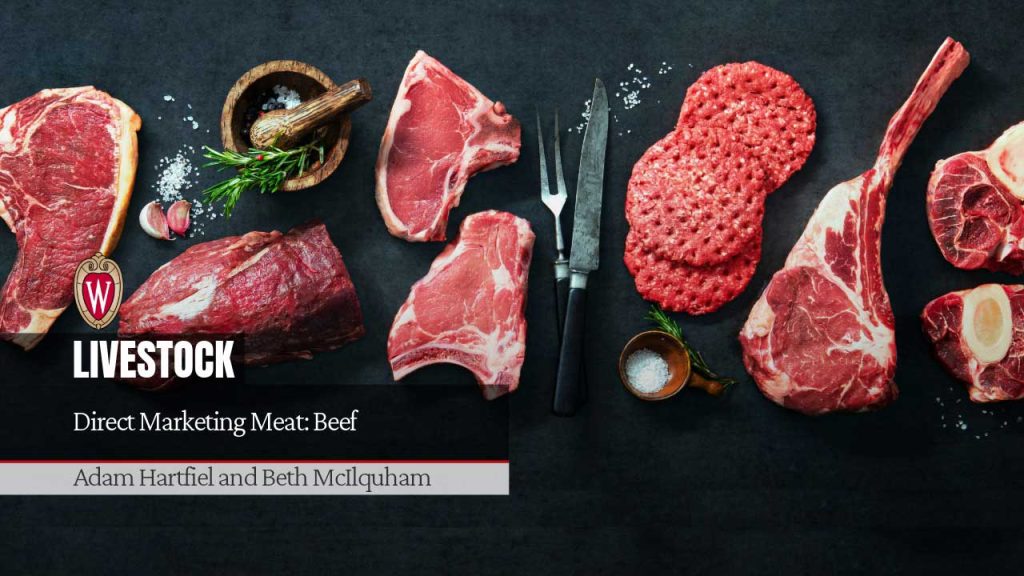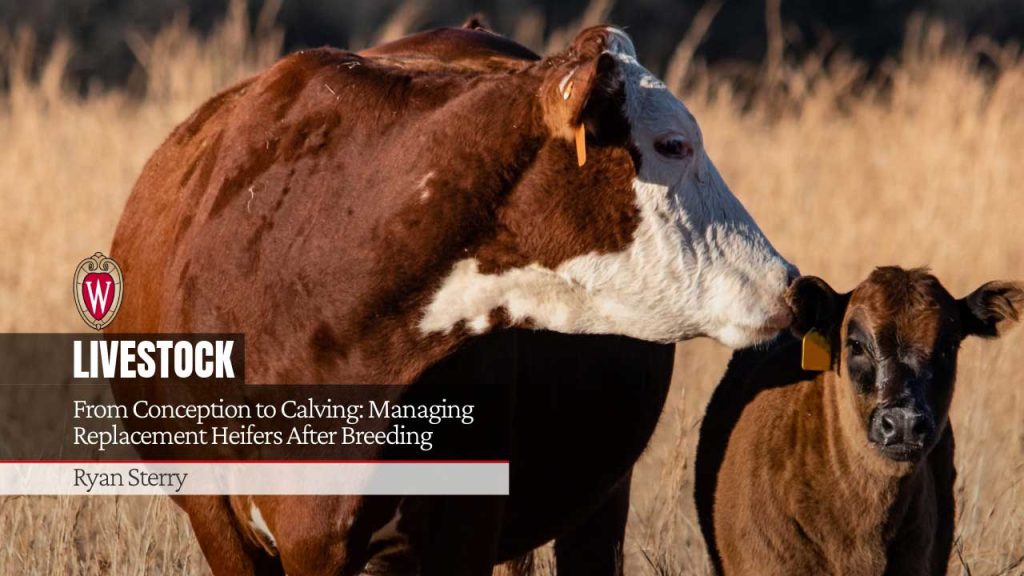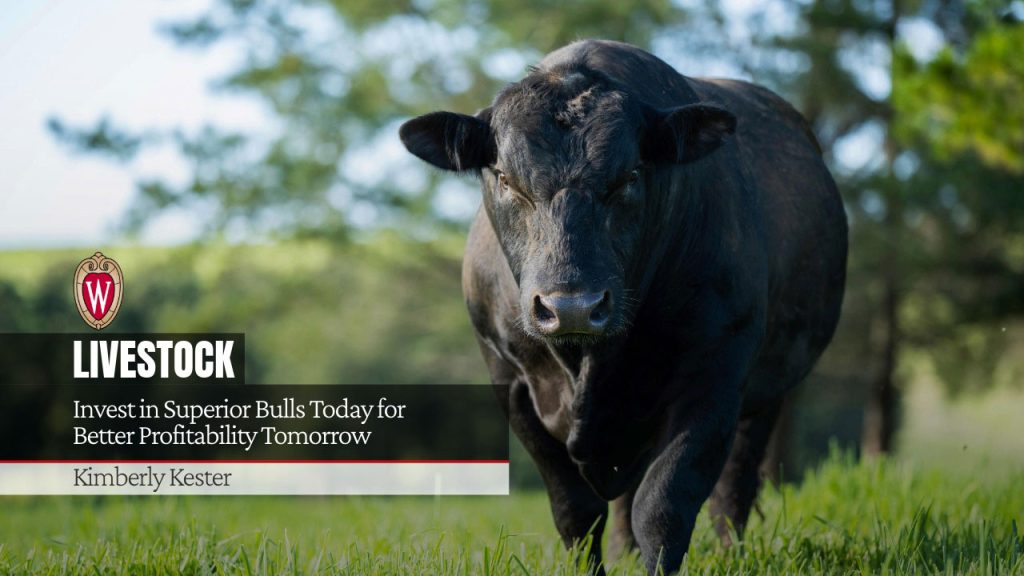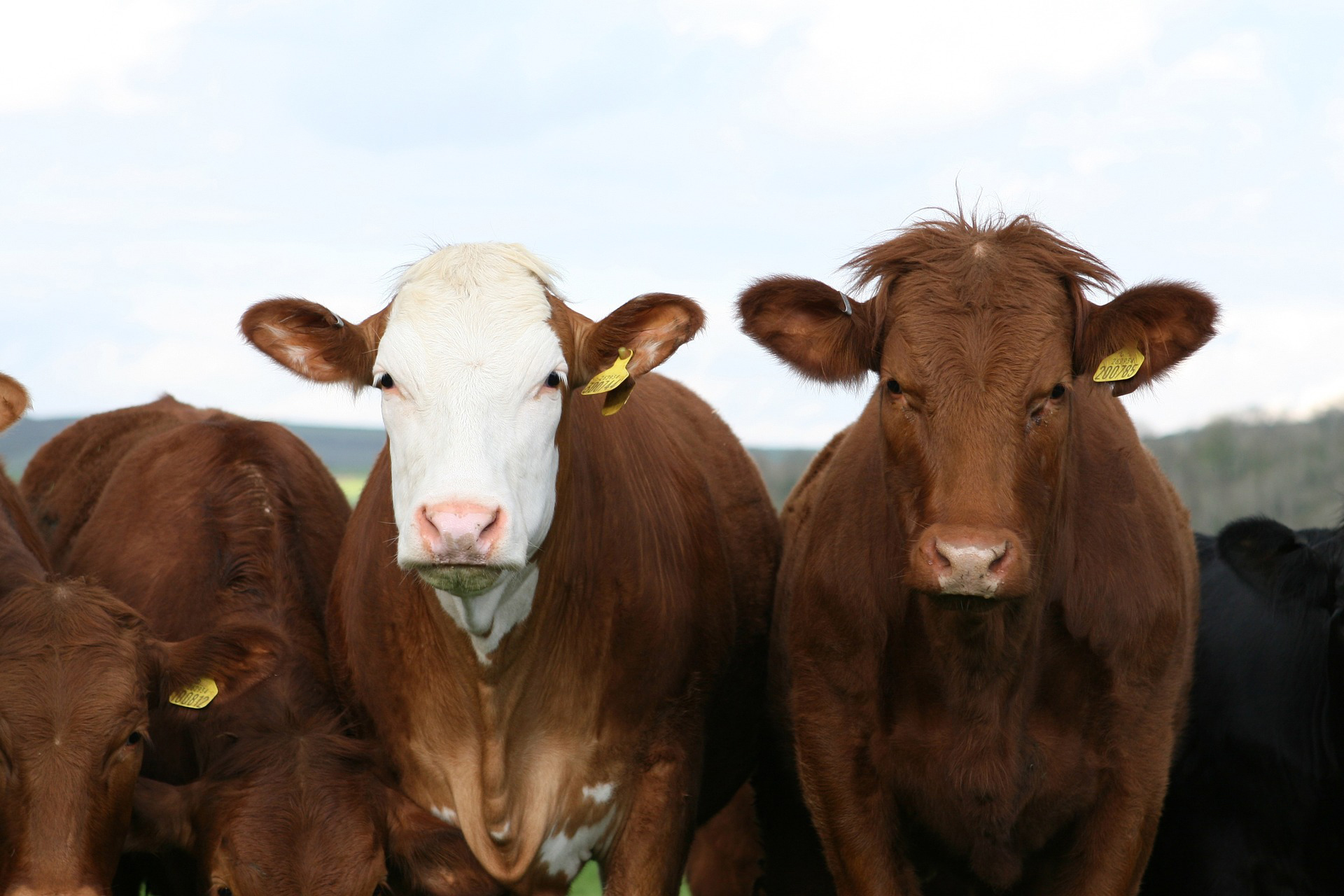
The Extension Livestock Program provides timely resources and information to help farmers, consumers and allied industry to make informed decisions about beef cattle, poultry, sheep and goats, equine, swine, and meat science. There are also resources for youth caring for livestock.
Latest News
Four Winds Farm to Host Hands‑On Lambing School in Fitchburg on March 28
Four Winds Farm will host a full‑day Sheep Lambing Workshop on March 28 in Fitchburg, Wisconsin.
Is beef production in your future? Join the School for Beginning Beef Production
Maybe you are new to beef production or perhaps you are a dairy producer thinking about adding or transitioning to beef production. If so, join the School for Beginning Beef Production.
Beef Roundup Webinar Series begins in December
Beef producers are invited to attend a series of free educational webinars this winter.
Fall 2025 Cattle Feeder Enterprise Projections now available
UW-Madison Division of Extension has assembled a set of projections using initial purchase prices for feeders calves derived from late September 2025 Wisconsin feeder calf sale reports.
Subscribe to our Livestock Newsletter
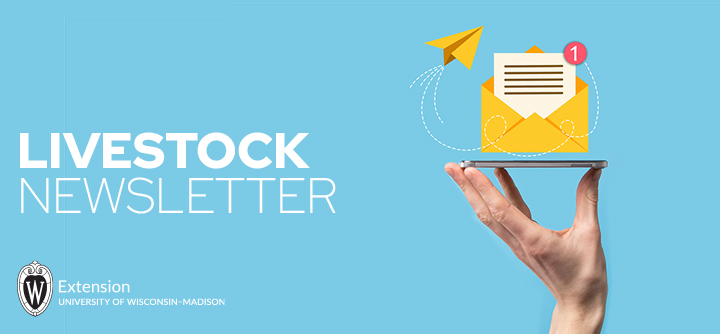
Subscribe to the Livestock Program Newsletter to receive the latest Livestock research articles and information about upcoming Livestock events!
Latest Livestock Articles
Direct Marketing Meat: Getting Started
By cutting out parts of the supply chain – distributors, marketers – they may earn a larger share of the total selling price.
Direct Marketing Meat: Beef
Direct marketing offers a way for beef producers to potentially capture more value for their livestock.
From Conception to Calving: Managing Replacement Heifers After Breeding
Post-breeding management is crucial, but often overlooked in a heifer development program.
Invest in Superior Bulls Today for Better Profitability Tomorrow
While cattle prices are high, it might be a good time to improve different aspects of your farm. Fencing, handling facilities, hay storage, and even the cattle themselves can benefit from wise investment.

